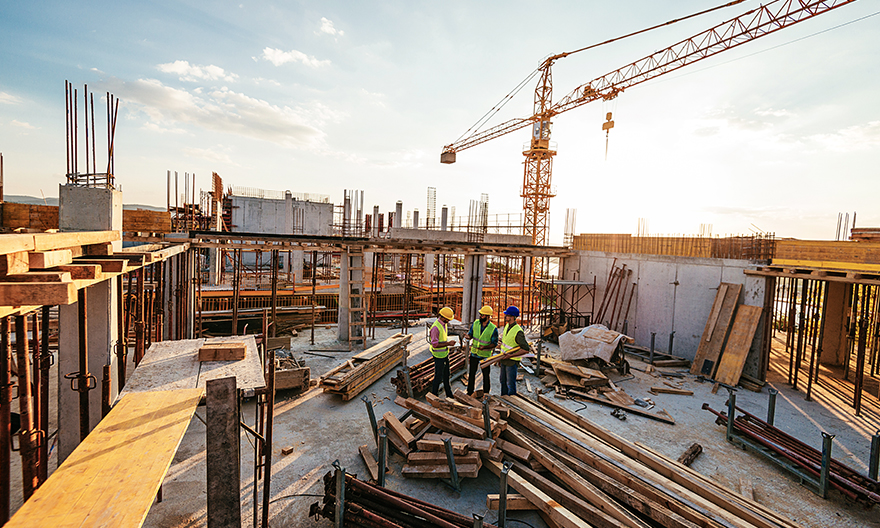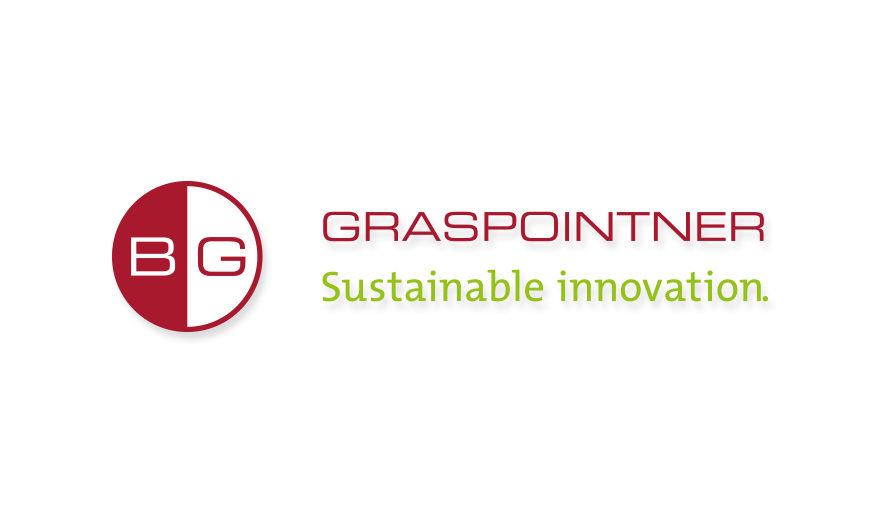The ÖGNI mission as a certifier: to give sustainability strong roots in construction and real estate.
Sustainable Construction
Building the Future with ÖGNI
Sustainable Construction
Building the Future with ÖGNI
<h5><br> </h5><h5><strong>The mission</strong></h5><p>The Austrian Sustainable Building Council (ÖGNI) is committed to its mission to promote <strong>sustainability in the construction and real estate sectors</strong>. The goal is buildings which are highly cost-effective and socially sustainable, i.e. which will positively impact the health, well-being and productivity of their users down the generations. ÖGNI does not act alone as a certification body, instead having partner organizations in Germany, Switzerland, Denmark, France, Ireland and Spain as part of a European initiative.</p><p><br><strong>A robust regime</strong></p><p>ÖGNI works on the basis of the German DGNB green building system, which is one of three certification systems recognized worldwide, but the only one to <strong>place equal emphasis on ecology </strong>as on the other factors. The over 200 parameters applied include criteria for CO2 consumption, noise, light, air and recycling, as well as whether a property fits into the planned environment in the first place. Seals of quality are awarded on a scale from bronze to platinum, reflecting how well a building meets the relevant requirements. ÖGNI is now Austria's leading certification body in this field.</p><p> </p><p>The certificates, which are required for a project tender, are of interest to project developers and investors because they exhaustively document the sustainability of a property<strong>over the entire life cycle of the building</strong>. They provide <strong>key indications</strong>on whether the property represents a secure investment. Special ÖGNI auditors oversee the process independently.</p><p><br><strong>Who is involved?</strong></p><p>As a non-profit organization, ÖGNI is exclusively financed by its roughly 200 members. These include construction companies, architects and project developers, but also increasing numbers of software companies, which are likewise devoted to the same objectives. Software companies are joining the organization as digitalization, in the form of smart home or mobility concepts, furthers sustainability. The products and services of ÖGNI members are ÖGNI-certified, of course.</p><p> </p><p>ÖGNI Executive Director Peter Engert:</p>

We enjoy a very broad base, with a member company in nearly every industry. BG-Graspointner, however, is the only drainage system manufacturer.
<p>Engert has noted that the area of social housing is underrepresented. It is desirable for sustainable building and healthy real estate to be available to everyone.</p><p> </p><p><strong>A dynamic organization</strong></p><p>There is a lot going on within ÖGNI as an organization; activities include regular auditor continuing education courses held at universities, <strong>ongoing certification system updates</strong> and the drafting of position papers. Working groups are formed to focus on such topics of future relevance as smart cities or social sustainability. <strong>External industry experts are</strong>invited for this purpose, and ÖGNI shares the knowledge derived from these dynamic, results-oriented processes with the public.</p><p> </p><p><strong>Why we do we like ÖGNI?</strong></p><p>BG-Graspointner has been an ÖGNI member since November 2017. BG-Graspointner's Valentin Krexhammer, Sales Director Austria, explains the reasons for membership thus:</p>

From the very start we liked the balanced approach based around the 3Ps: products, processes and people. It is this holistic view of the implications for our industry that is of great interest to us.
<p>Krexhammer cites as additional considerations major construction projects completed and opportunities to make new contacts, commenting how ÖGNI is tremendously important as a network.</p><p>Krexhammer:</p>
“The partners we have in ÖGNI all act in accordance with the same principles. This strengthens us in our common mission, motivating us to keep moving forward on the path we're on. For anything to change, manufacturers have to see the light themselves.
<p><strong>Making change successful</strong></p><p>Organizations like ÖGNI and companies like BG-Graspointner enjoy an enhanced public image through their commitment to a sustainability strategy. This positive side effect is unavoidable—in other words, if we want to make a difference, we will automatically be a success.</p><p>Asked about the potential extra cost of sustainable building, Krexhammer replied:</p>
BG’s current pricing is quite in line with the market. Our being an ÖGNI member affords us the opportunity to demonstrate that despite the extra effort involved, sustainability does not have to cost a fortune. And the more change we bring about, the more everyday and thus cost-effective green building will be.
<p><strong>How will buildings be built in the future?</strong></p><p>What lines of inquiry and ideas could actually further the cause of sustainable construction?</p><p>Peter Engert on the building methods of tomorrow:</p>

Heretofore, architects were mainly concerned with aesthetics and structural stability, while energy considerations were a matter addressed by engineers. But going forward, architecture will more and more be involved with energy consumption and related issues.
<p>One prime example is how architecture affects the microclimate. The height and positioning of buildings and the distance between them have major consequences in terms of wind flow and solar exposure. This relates to the conflicting situation that we want cities to be spacious on the one hand, but on the other hand residential density is superior from an energy standpoint, since less heat is lost.</p><p>Engert sees digitalization and emerging mobility concepts as increasing in importance:</p>
People have always gone to work. Now there are more and more ways for work to go to people.
<p>If you would like to find out what the sustainable drainage of the future will look like, and what things are already possible today, give us a call! <a href="/en-gb/contact" target="_blank"><strong>Our specialists</strong></a> will be pleased to answer your questions.</p>









